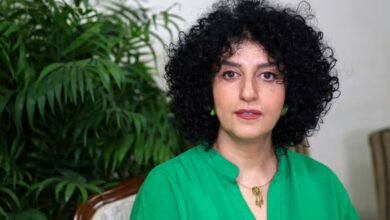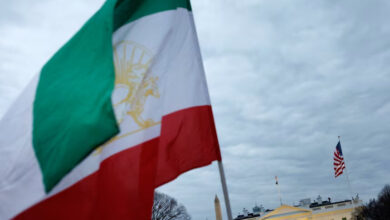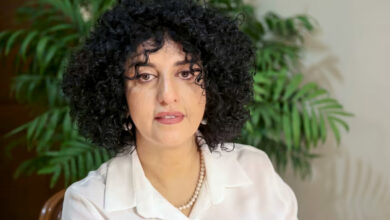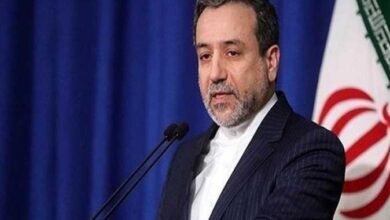Bahrain’s security apparatus has denied any links between Iran and Shia activists recently arrested in Bahrain.
Bahrain News Agency quoted the country’s National Security Agency (NSA) as saying that media reports on the existence of links between persons arrested in Bahrain and alleged armed groups and sleeper cells ready to target Arabian Gulf countries in the case of Iran being attacked are "baseless and without credibility."
In the statement, issued Sunday evening, the NSA said investigations have shown that the Bahrain network had external links with criminals who have called for acts of terror, but that nothing else has been proven.
A report published last week in Kuwaiti daily Al-Qabas about the existence of cells in several Gulf countries ready to strike at local interests in the case of an attack on Iran, and a Bahraini statement about the arrest of suspected Bahraini members of a network that allegedly received funds to undermine the country’s stability, have sparked media speculation about links between the groups.
Al-Qabas said Bahraini intelligence warnings came in the wake of confessions made by terrorist elements saying they had links to military establishments in neighboring states.
The agency said it hoped the media will not use the issue in an inaccurate context, and stressed that Bahrain and Iran have a bilateral agreement to reinforce bilateral security and stability.
Human Rights Watch and Amnesty International called last Wednesday for eight Shia activists, including one cleric, to be either released or officially charged.
Among the detainees is Abdul Jalil al-Sankis, a senior leader with Haq Movement for Liberties and Democracy, Mohamed Habib Mansour al-Saffaf, also known as Sheikh Mohamed al-Meqdad, Saeed Merza Ahmed, also known as Sheikh Saeed al-Nouri, and Shia activist Abdul Ghani Essa Khanjar.
A Bahraini security source said on Sunday that the arrested persons admitted links with groups with "destructive plans." The security source said the suspects confessed that they received funding from clerics and business people under different covers, and the money was later transferred to enable the groups to carry out their plans.
Ali Salman, the secretary general for Al-Wefaq National Islamic Society, a Shiite bloc, dismissed these accusations.
Salman, speaking at a press statement on Sunday, said he refused to label the detainees as violent, as they do not believe in violence and are unable to serve in any clandestine organization.
Bahrain is a Gulf state with a Shiite majority, ruled by a Sunni monarch. The country restored its parliament in 2002 after it was suspended in 1975.
Translated from the Arabic Edition.




